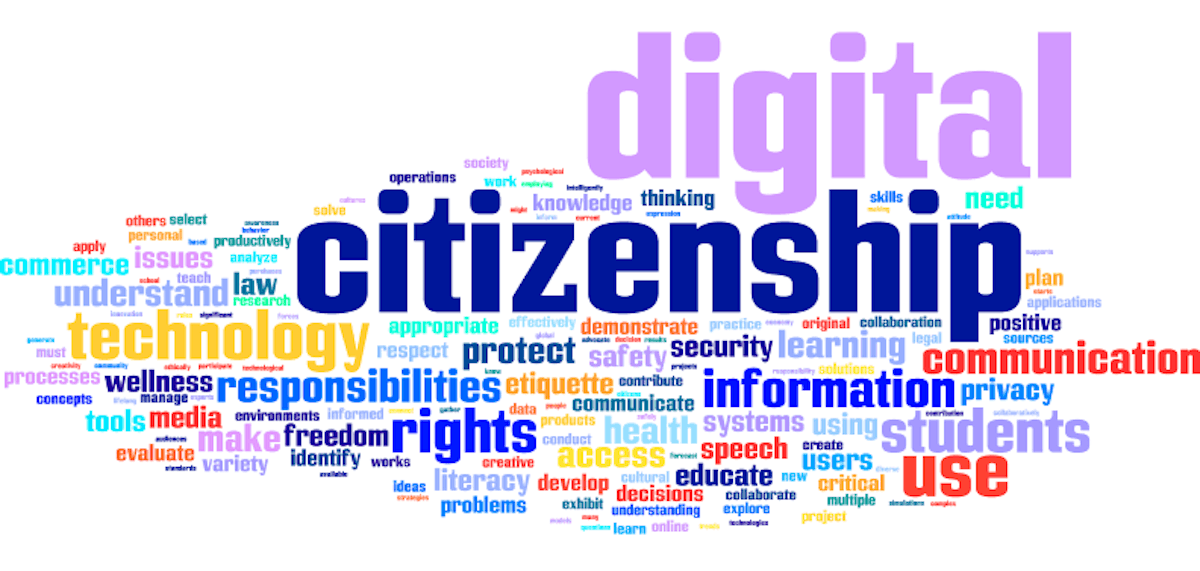Events
-
08 JanSchool Community Council Meeting
-
19 JanNo School - Martin Luther King Day
-
20 JanBoard Meeting
-
23 JanClassic Skating
-
26 JanDr. Ed Parent Mtg zoom
-
27 JanDr. Ed 430-630 Provo
-
29 JanDr. Ed 430-630 Provo
-
03 FebDr. Ed 430-630 Provo
-
05 FebDr. Ed 430-630 ProvoSchool Community Council Meeting
-
10 FebDr. Ed 430-630 Provo
-
12 FebDr. Ed 430-630 Provo
-
13 FebVolleyball Tournament
-
16 FebNo School - Presidents' Day
-
17 FebDr. Ed 430-630 Provo



